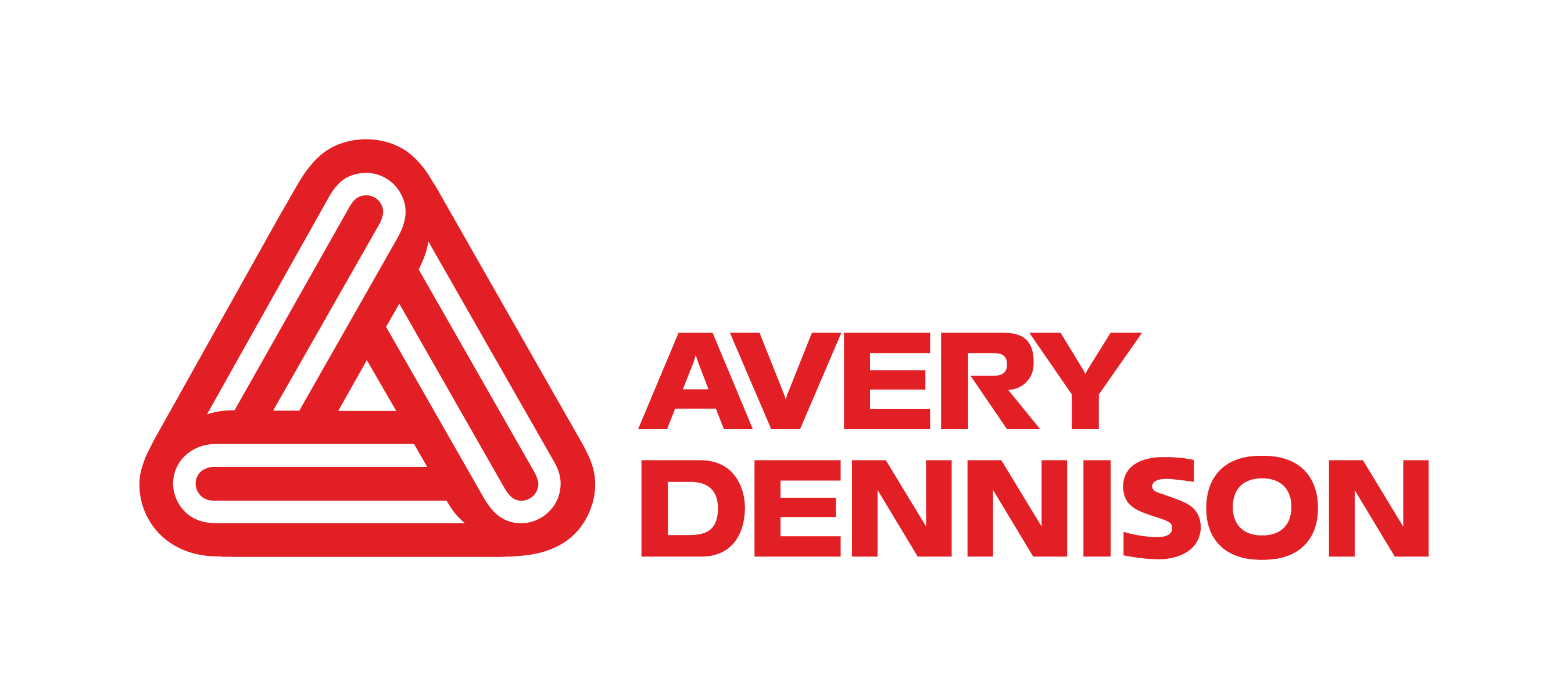| Examples of products included in this definition are: |
|
|
|
|
|
|
|
|
|
|
|
|
|
- eye and facial makeup preparations
|
As well as any material intended for use as a component of a cosmetic product.
|
The FFDCA in general prohibits the marketing of adulterated or misbranded cosmetics in interstate commerce. Cosmetics that are adulterated or misbranded may be subject to FDA action.
- Adulterated cosmetics include those that contain substances injurious to users, contain or are handled in unsanitary conditions, or that are in containers that contain substances injurious to users.
|
- Misbranded cosmetics include those with false or misleading labeling, labels that lack required information, or have containers that are formed or filled in a misleading manner.
|
Cosmetics are subject to the federal Food Packaging and Labeling Act (FPLA), and cosmetics that fail to comply with the FPLA are considered misbranded under the FFDCA.
The cosmetics regulations mainly address color additives, which must be approved for use in cosmetics. Any business that produces cosmetics or materials for them needs to ensure that any color additives are used in accordance with uses and restrictions specified in the regulations.
All color additives used in cosmetics (or any other FDA-regulated product) must be approved by FDA, and there must be a regulation specifically addressing a substance's use as a color additive, specifications, and restrictions. In addition to approval, a number of color additives must be batch certified by FDA if they are to be used in cosmetics (or any other FDA-regulated product) marketed in the U.S. All color additives must meet the requirements for identity and specifications stated in the regulations, and color additives may be used only for the intended uses stated in the regulations. The regulations also specify other restrictions for certain colors, such as the maximum permissible concentration in the finished product.
FDA's legal authority over cosmetics is different from other products regulated by the agency, such as drugs, biologics, and medical devices. Cosmetic products and ingredients are not subject to FDA premarket approval authority, with the exception of color additives.
The materials available and information provided at the Avery Dennison ADvantage: Complete Compliance site are for informational purposes only and not for the purpose of providing legal advice.
